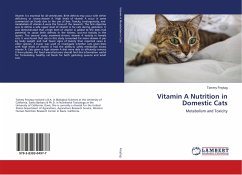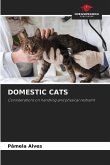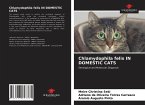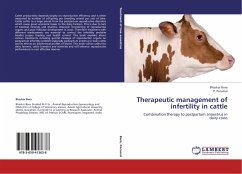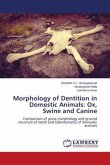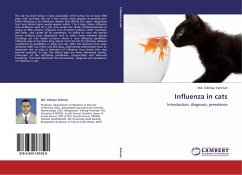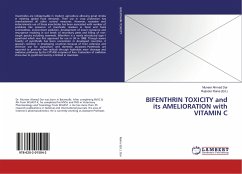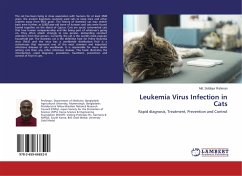Vitamin A is essential for all vertebrates. Birth defects may occur with either deficiency or excess vitamin A. High levels of vitamin A occur in some commercial cat foods due to the use of liver. Toxicity, teratogenicity, and metabolism of vitamin A were the focus of the research. The first objective was to define a safe upper level of vitamin A for cats during gestation. It was demonstrated that a high level of vitamin A added to the diets had potential to cause birth defects in the kittens, but not toxicity in the queen. The second study examined chronic vitamin A toxicity in female cats. It was found that cats in this study consumed far more vitamin A per kg body weight and had fewer signs of toxicity than reported cases in other species. A tracer was used to investigate whether cats given diets with high levels of vitamin A had the ability to safely metabolize excess vitamin A. Cats given a high vitamin A diet were able to efficiently remove it from plasma. Pet food manufacturers should find this information useful for formulating healthy cat foods for both gestating queens and adult cats.
Bitte wählen Sie Ihr Anliegen aus.
Rechnungen
Retourenschein anfordern
Bestellstatus
Storno

